Data collection for the 2024 Global Survey of School Meal Program is now open!
|
|
Did you know?
- School meal programs that procure food domestically have more diverse food baskets than those that procure food outside their own country!
- When governments have a national school feeding policy related to nutrition, the meals tend to have more diversity!
- Governments are investing in their children! Many governments in all regions and income groups contribute a sizable share of the funding for school meals. Across all countries, an average of 70% of funding comes from governments!
These are findings from the Global Survey of School Meal Program, the world’s most comprehensive survey on school meal programs, covering topics from nutrition and agriculture to financing and governance. The Global Survey of School Meal Programs collects data directly from government sources and results in the world’s most comprehensive global database of standardized information on national and large-scale school meal programs, allowing policymakers and leaders to make timely, data-informed decisions. Government representatives are invited to fill out the survey every few years to monitor progress over time. Thus far, 155 countries have participated in the Global Survey.
The 2024 Global Survey will deepen global understanding of school feeding program food baskets, responses to crises, and innovations in the face of climate change. The Global Survey is designed to be completed by a government-appointed Focal Point. If you are a government representative looking to nominate your Focal Point, please contact info@gcnf.org. The Global Survey is available in Arabic, Chinese, French, English, Japanese, Portuguese, Russian, and Spanish on our website.
See the press release on our News & Updates.
|
|
School Meals Coalition Global Summit
|
|
|
In October, GCNF Deputy Director Heidi Kessler attended the inaugural School Meals Coalition Global Summit, hosted by the Government of France. The theme of the event was Investing in Future Generations: Human Capital, Sustainable Food Systems and Climate Change Action Through School Meals and featured remarks by school meal program leaders from around the world.
|
|
|
|
During her remarks, Heidi announced the launch of the 2024 Global Survey, inviting all governments from around the world to participate. The 2024 Global Child Nutrition Forum was also announced and is planned to take place in late 2024.
|
|
Events Highlighting Micronutrients, Hunger, and Overnutrition
|
|
At the Micronutrient Forum last month, GCNF affirmed that school meal programs are essential in combating micronutrient deficiencies in children. Represented by Survey Coordinator Nicole Jacquet, GCNF presented on the topic of “Delivery of Fortified and Biofortified Foods in Multi-Sectoral School Meal Programs.”
|
|
|
Nicole also attended the Hidden Hunger Conference in Stuttgart, Germany, presenting on school meal programs and farmer engagement.
Did you know? According to the results from the 2021 Global Survey of School Meal Programs, local food procurement resulted in greater food basket diversity than foreign procurement.
|
|
|
Moses Ekwueme presented at the 2023 Africa Food Environment Research Network on “The Potential of School Meal Programs to Tackle Rising Overweight and Obesity Rates Among Schoolchildren in Africa.”
Did you know? The most common approaches utilized to mitigate overweight/obesity included
nutrition, health, and physical education and regulation of the school feeding menu.
|
|
|
Changes in school feeding operations during the COVID-19 pandemic: evidence from 139 countries
|
|

|
Abstract: School meal programs, which provide students with meals, snacks, or take-home rations and serve as a safety net for vulnerable children worldwide, were severely disrupted by the COVID-19 pandemic. This study draws on the 2021 Global Survey of School Meal Programs to explore changes in school feeding operations during the COVID-19 pandemic and identify factors that can facilitate program resilience. The survey, inclusive of both closed and open-ended questions, gathered data on 183 programs operating in 139 countries. Findings suggest that, even though school meal programs were negatively affected by the pandemic and associated school closures, they responded with creativity, employing new feeding modalities, venues of distribution, and approaches to targeting. Regression results further show that involvement of nutritionists was associated with continuity (a lack of interruption) of feeding services. Flexibility and preparedness were highlighted as factors that strengthened programs in a time of crisis. At the same time, the experience of emergencies that occur simultaneously or in quick succession (“stacked” emergencies) hampered their ability to operate. Survey results confirm that attention must be given to school meal programs in low-income settings, as school feeding coverage is lowest in such settings, these programs often have limited resources, and they are more likely to experience stacked emergencies.
|
|
Calling all school feeding implementers!
|
|

|
GCNF invites you to a one-hour webinar on the role of implementing partners in the Global Survey of School Meal Programs. The Global Survey is completed by government-appointed Focal Points, however, GCNF anticipates implementing partners may be contacted to help complete the Global Survey. This webinar will provide more information on the Global Survey, the potential role of implementing partners, and answer any questions.
|
|
|
GCNF US-based staff gathered in early September in Seattle, Washington for a week of in-person meetings.
|
|
|
|
|
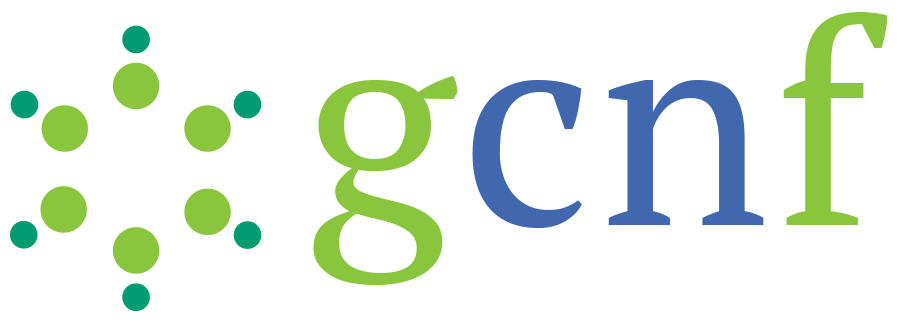










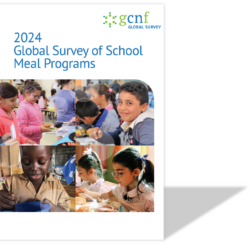
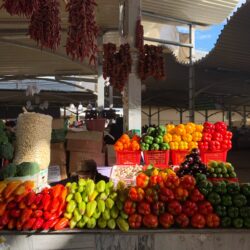
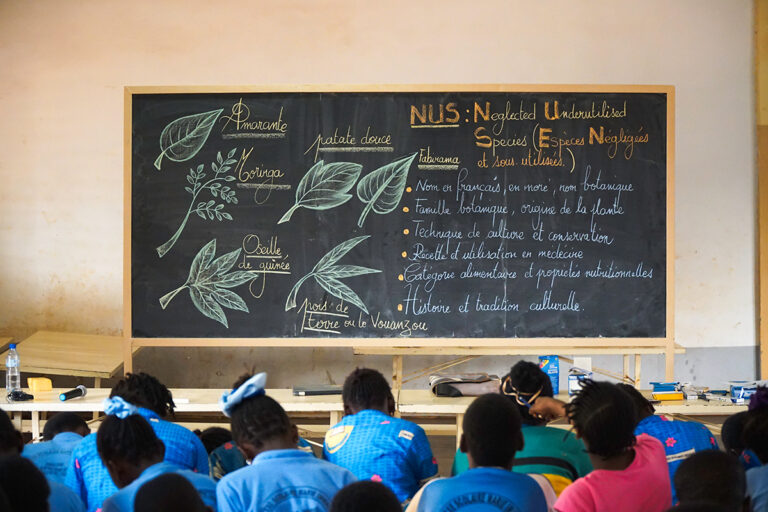
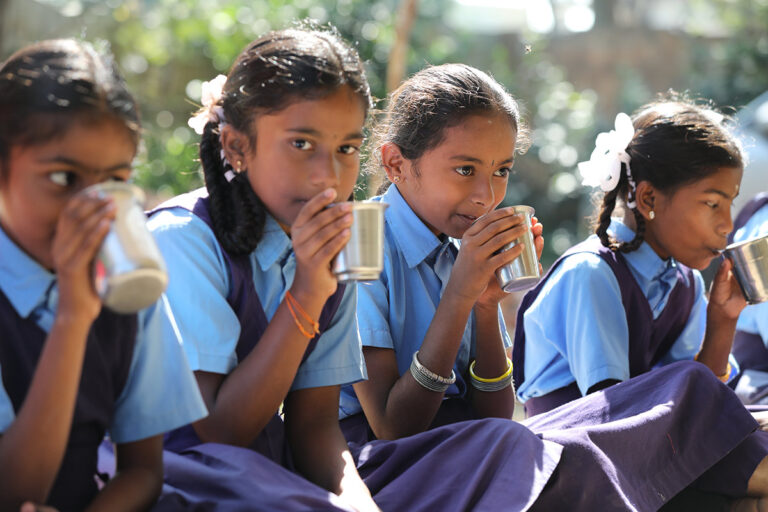


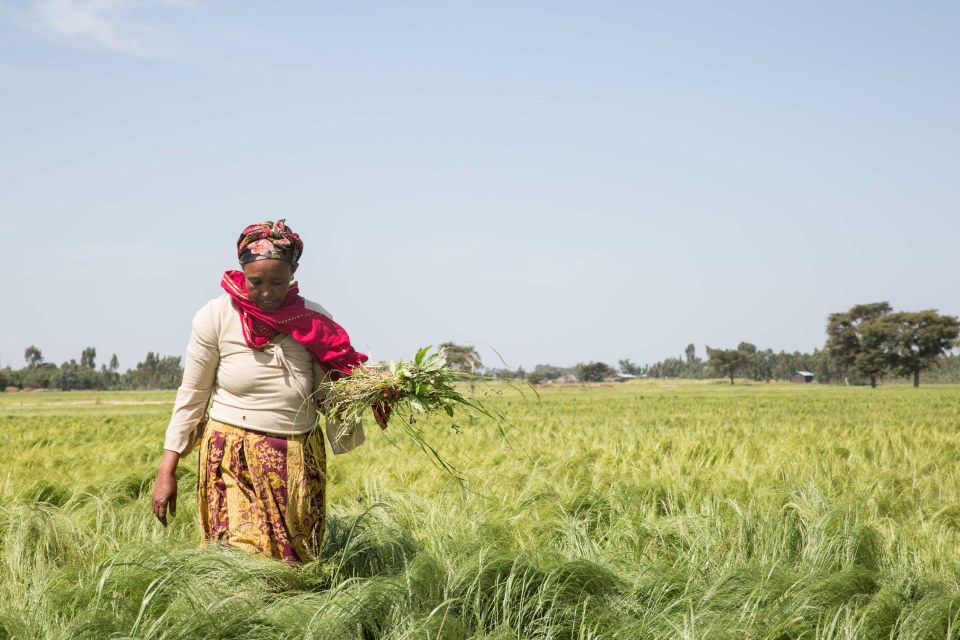
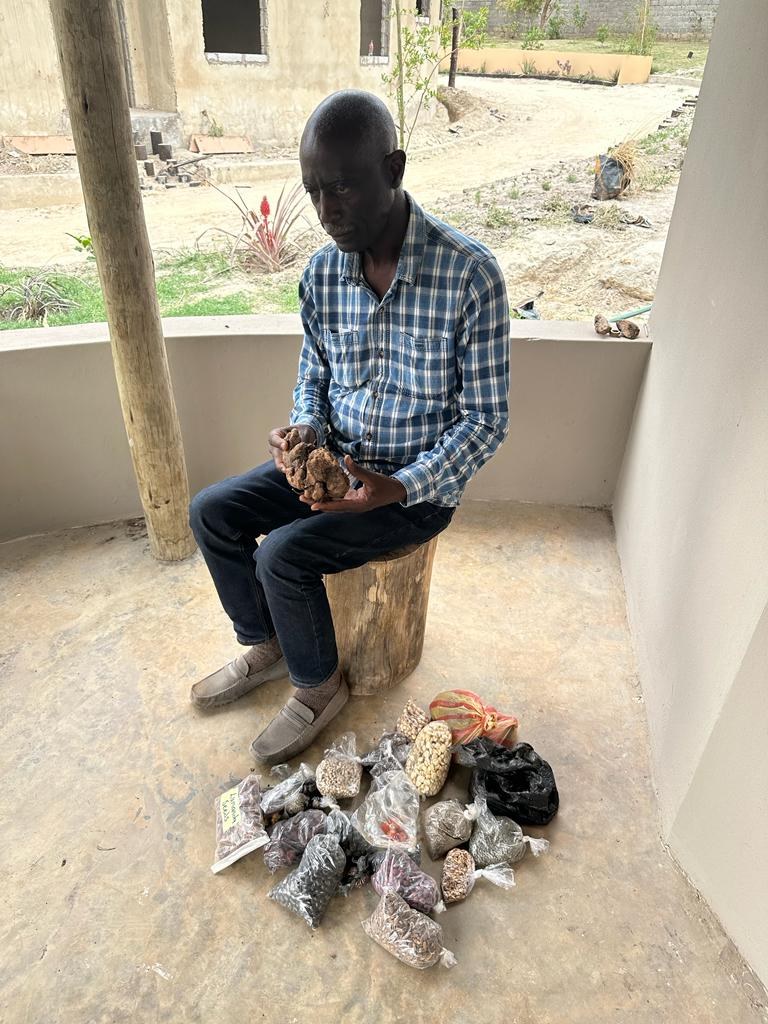
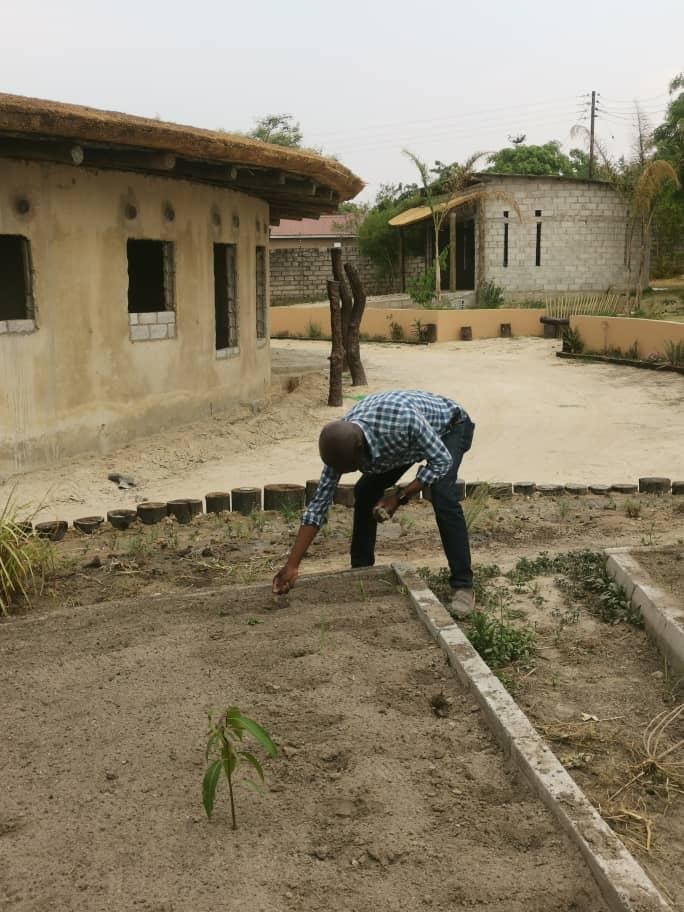
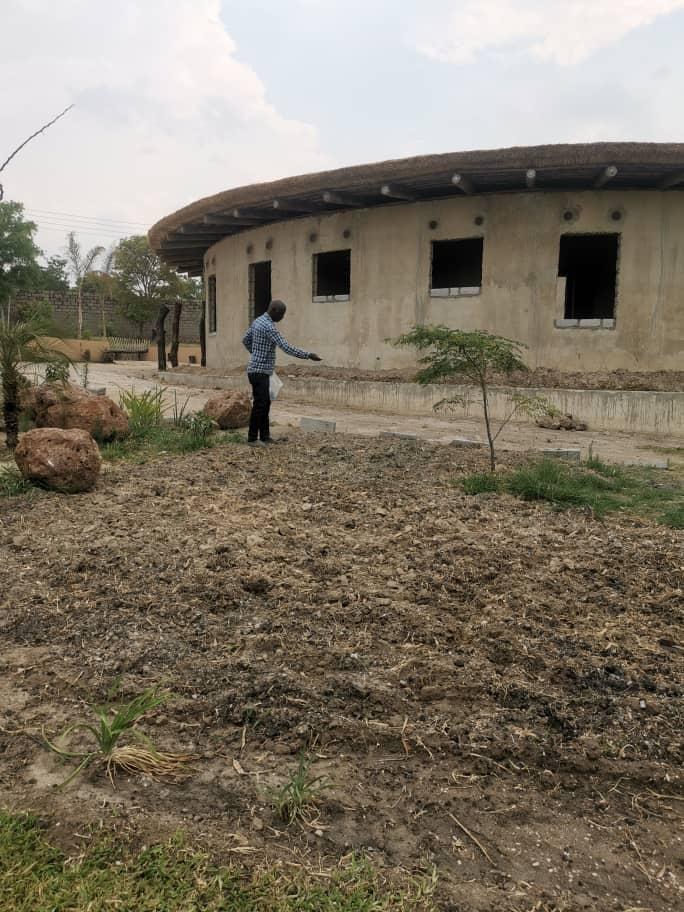
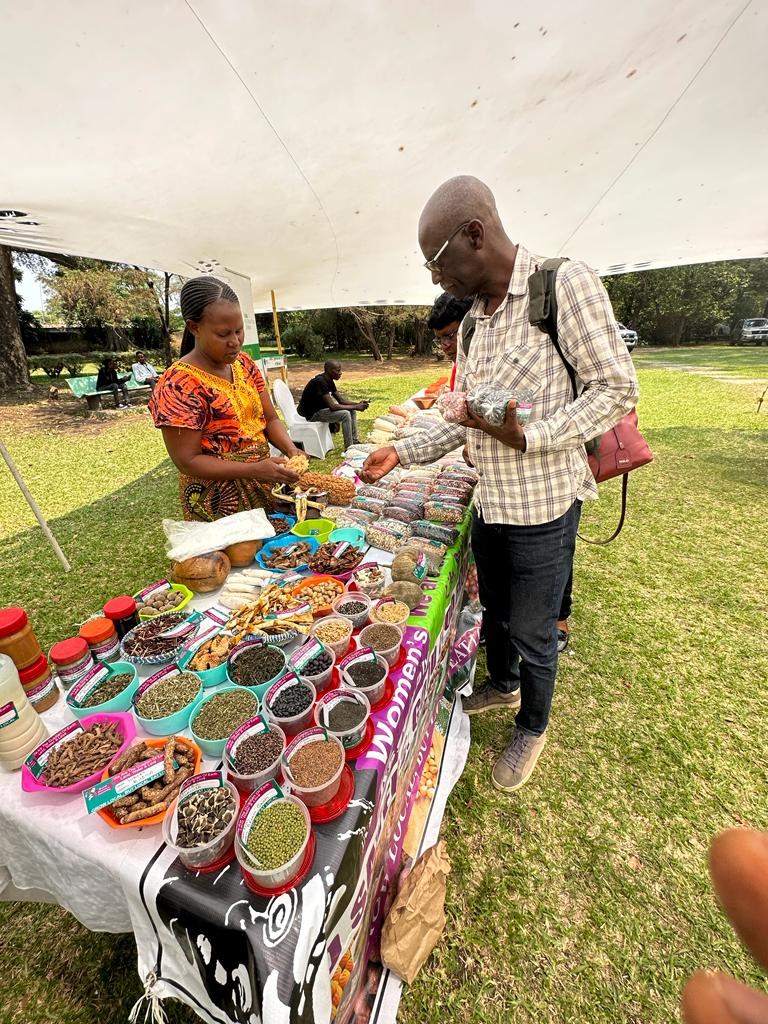
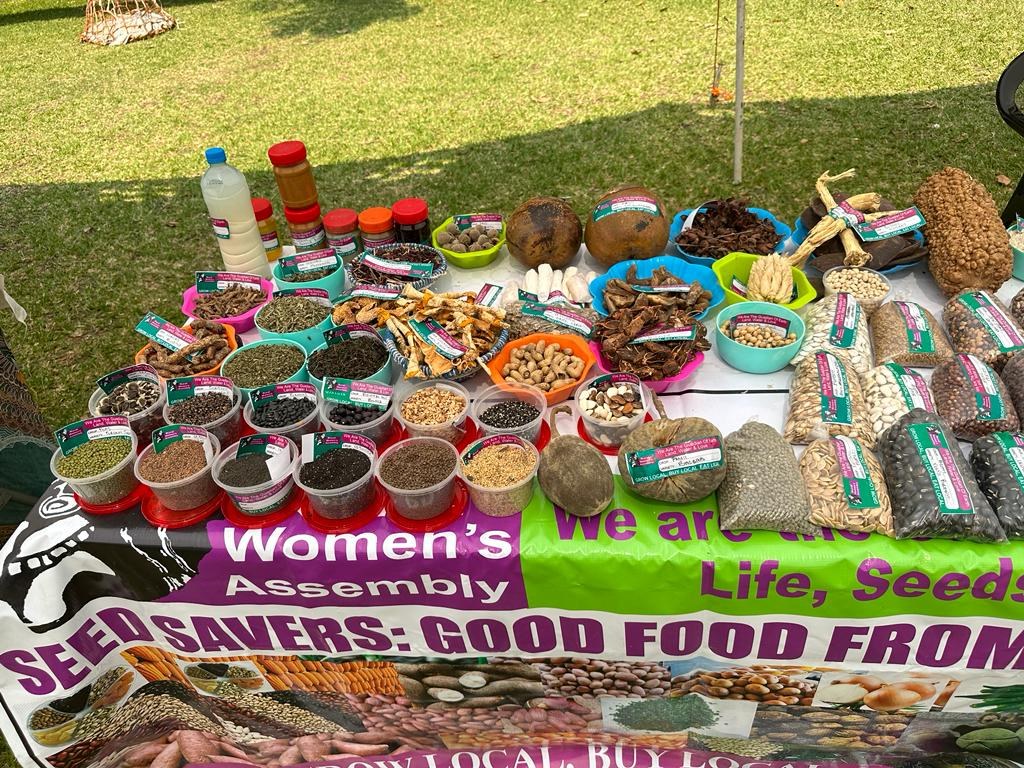
No comment yet, add your voice below!